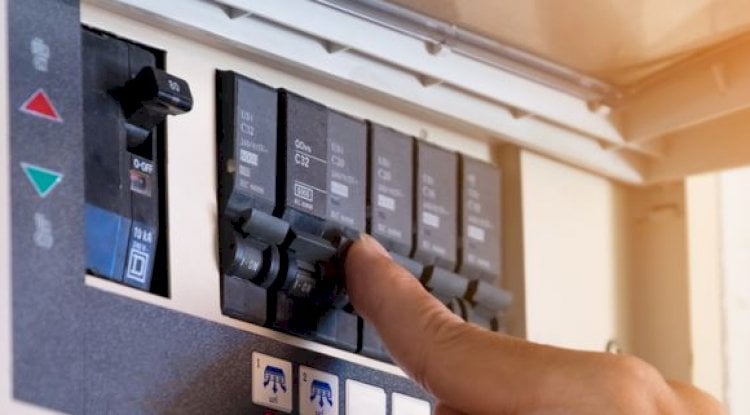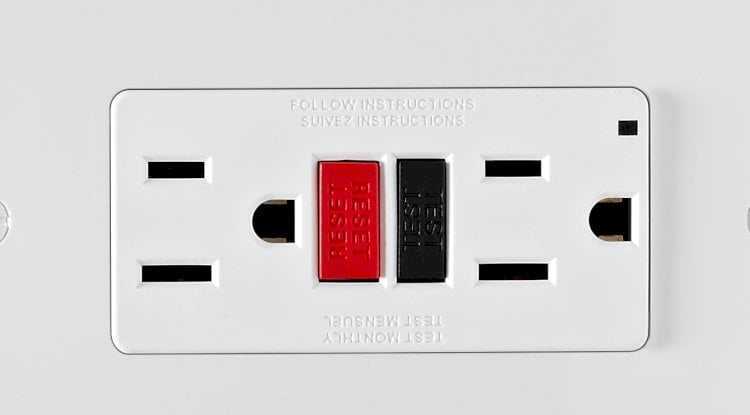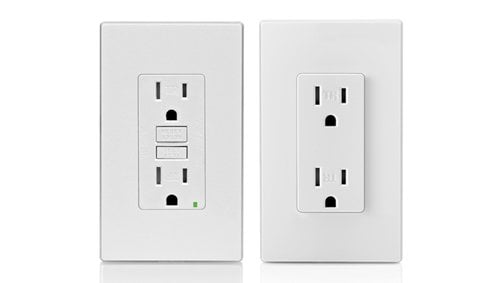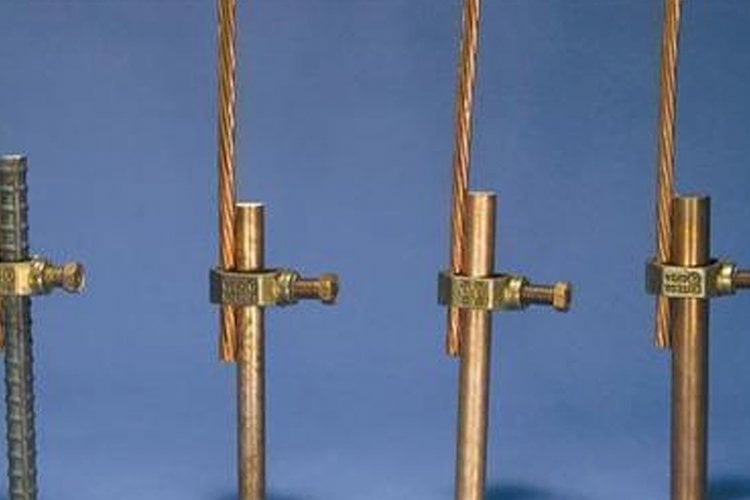Nazhan Asked:
The NEC calls for use of Ground Fault Protection (GFP) type for circuit breakers for services over 1000A, does this include buildings or just equipment?
Our Answer:
The National Electrical Code (NEC) requires Ground Fault Protection for equipment in Articles 215.10, 230.95, 240.13 and 517.17. Ground Fault Protection Circuit Breakers use special sensors to detect low-magnitude ground faults. These low-magnitude faults are sensed by the breaker and current flow is stopped. High-magnitude faults are stopped by traditional over current protection mechanisms. NEC Article 230.95 does indeed require that all service disconnects over 1,000-amps must have Ground Fault Protection in addition to regular overcurrent protection systems. There are a few exceptions to this rule, but first let me explain what Ground Fault Protection is NOT.
Ground Fault Protection:
• Does NOT protect people from shock hazards
• Does NOT protect people and equipment from ground faults like a GFCI system (Ground Fault Circuit Interrupter)
• Does NOT provide protection from 3-phase, phase-phase, or phase-neutral faults
• Does NOT provide protection from high-magnitude ground faults
Ground Fault Protection systems are very sophisticated devices, often with many variable settings to “Dial-In” the specific requirements needed for your site. Also, the reliability of the GFP systems depends on many factors beyond the proper settings on the device. Improper wiring of the system, including accidental neutral return paths can easily negate the effectiveness of a Ground Fault Protection device. These devices must also have regular maintenance including annual calibration.
As mentioned earlier, there are some exceptions to the Ground Fault Protection rule. Specifically, Ground Fault Protection is NOT required for the following:
1. Any system with a disconnect less than 1000 amps
2. Any 208Y/120 Volt, 3-phase, 4-wire (wye) system
3. Any single-phase system
4. Systems over 600-volts (high or medium voltage systems)
5. Any delta system (grounded or ungrounded)
6. Service with six disconnects or less (NEC 230.71) where each disconnect is less than 1,000 amps. A 4,000A service could be split into 5 – 800A switches
7. Resistance or impedance grounded systems
8. Fire Pumps
9. Any system with Ground Fault Protection (except for Health Care Facilities. See NEC 517.17)
10. Continuous industrial process where a non-orderly shutdown would increase hazards
The Engineering Experts at E&S Grounding Solutions
Let's Talk! Schedule a FREE Phone Consultation Today.
Wherever you're located, learn how good a fit we are for your project.







